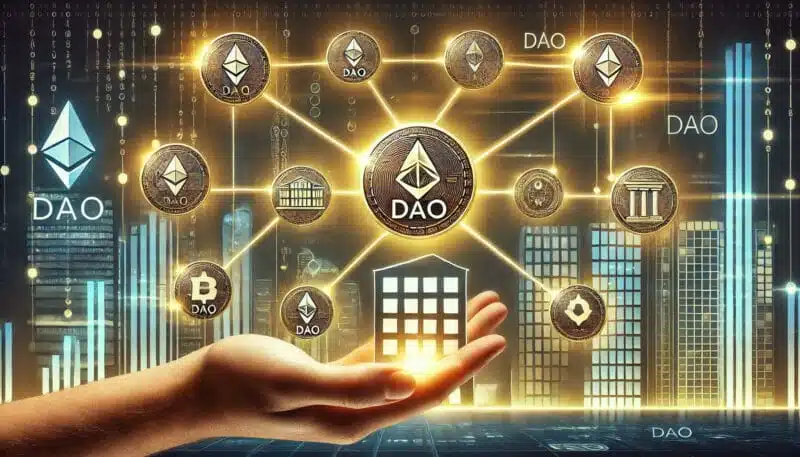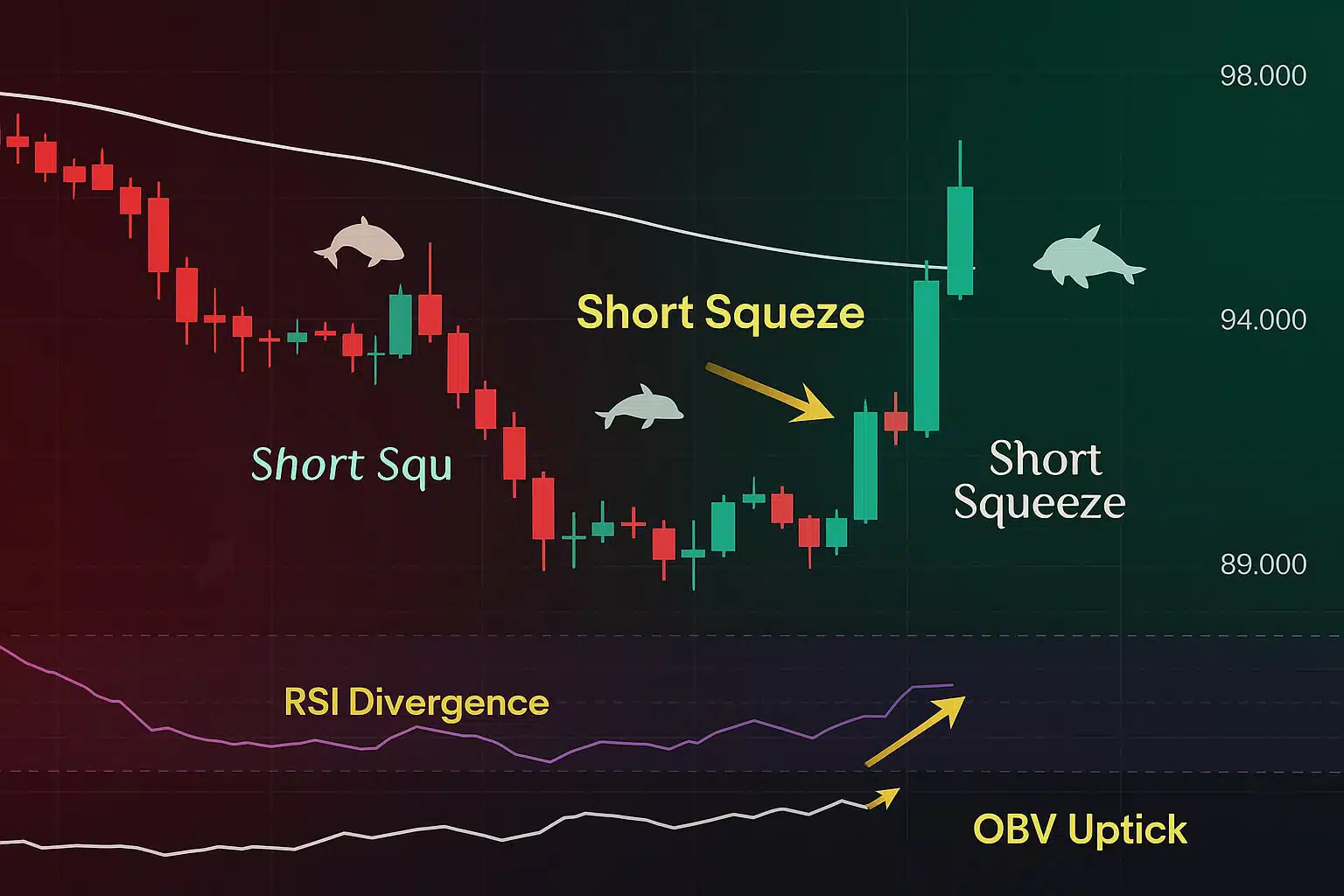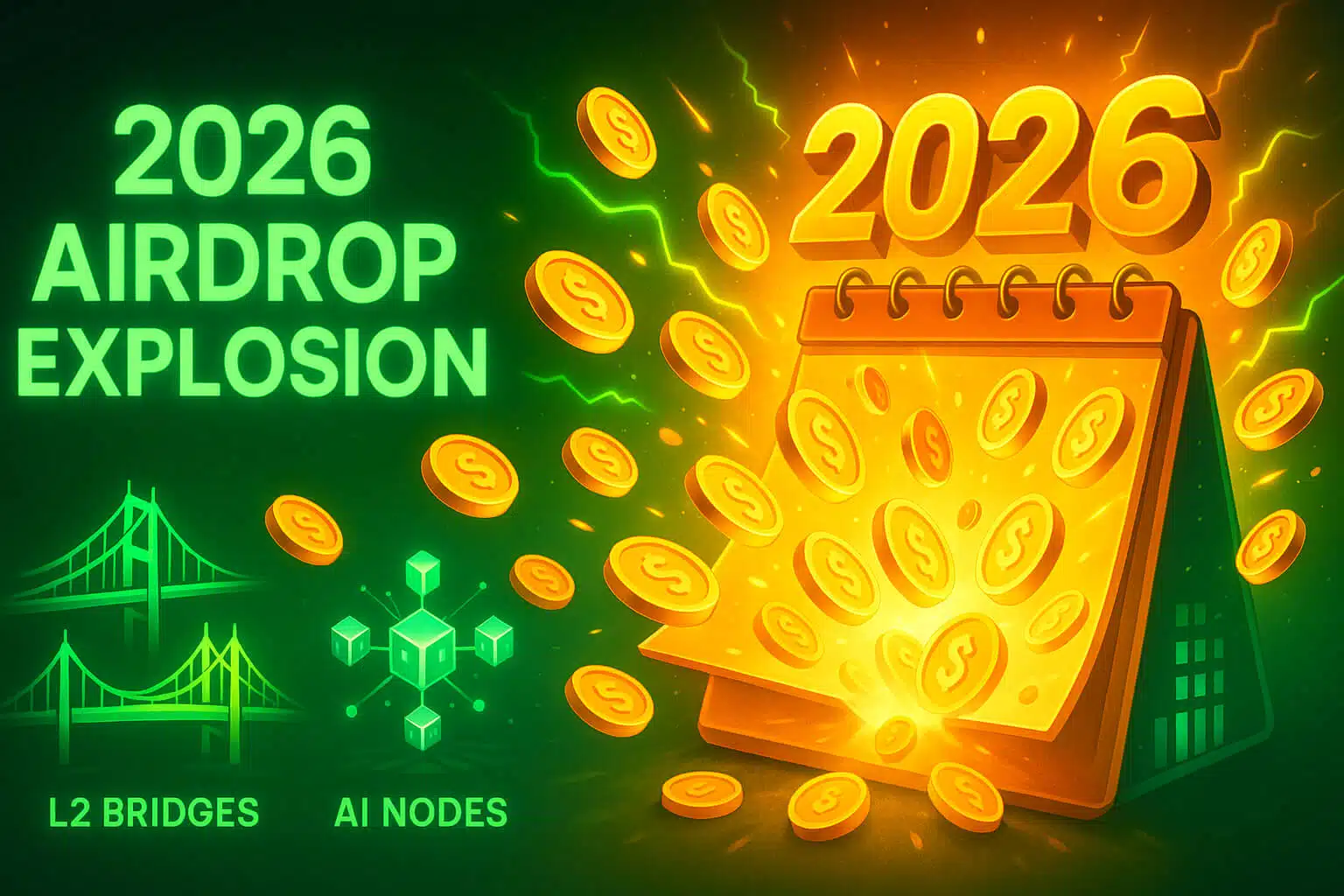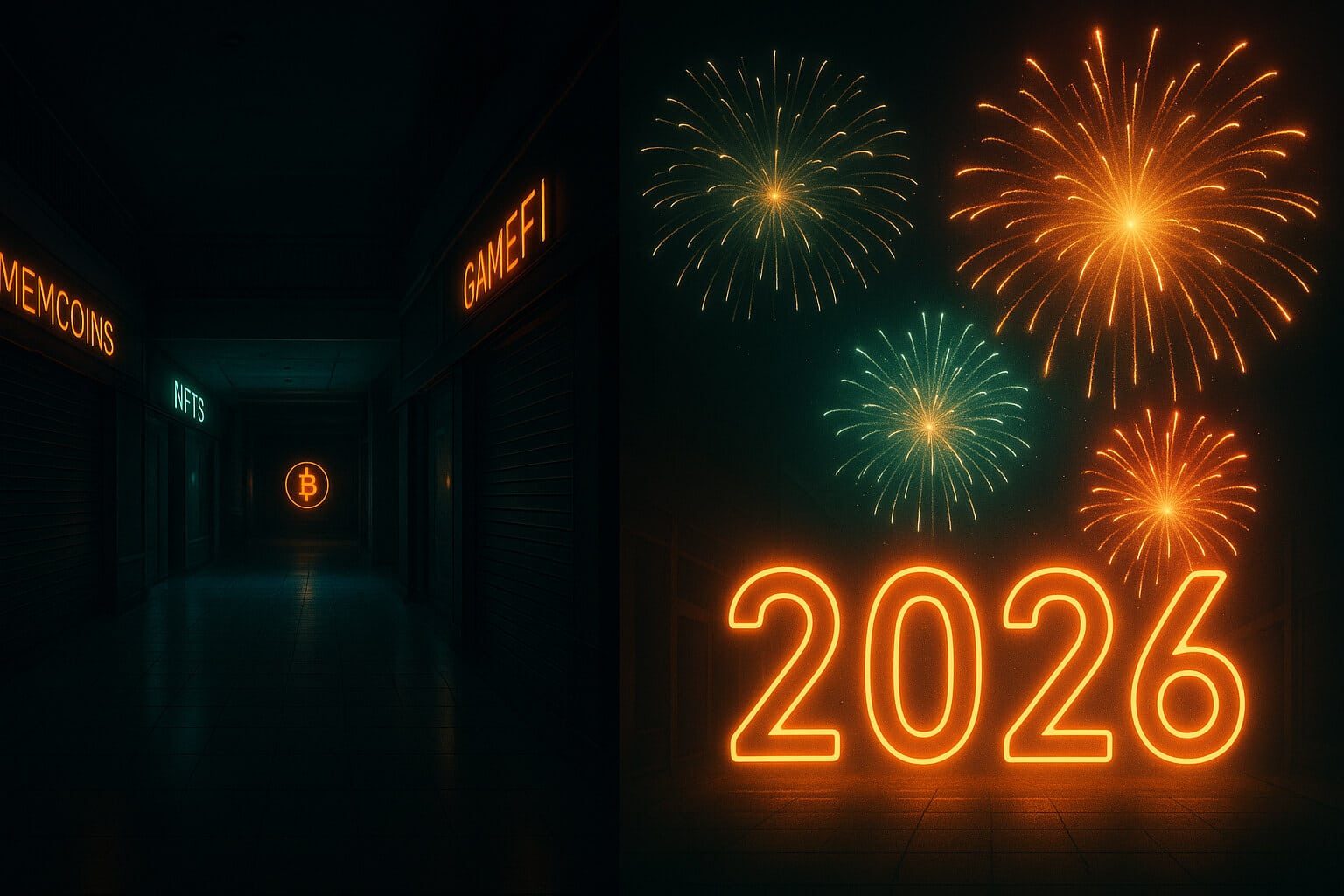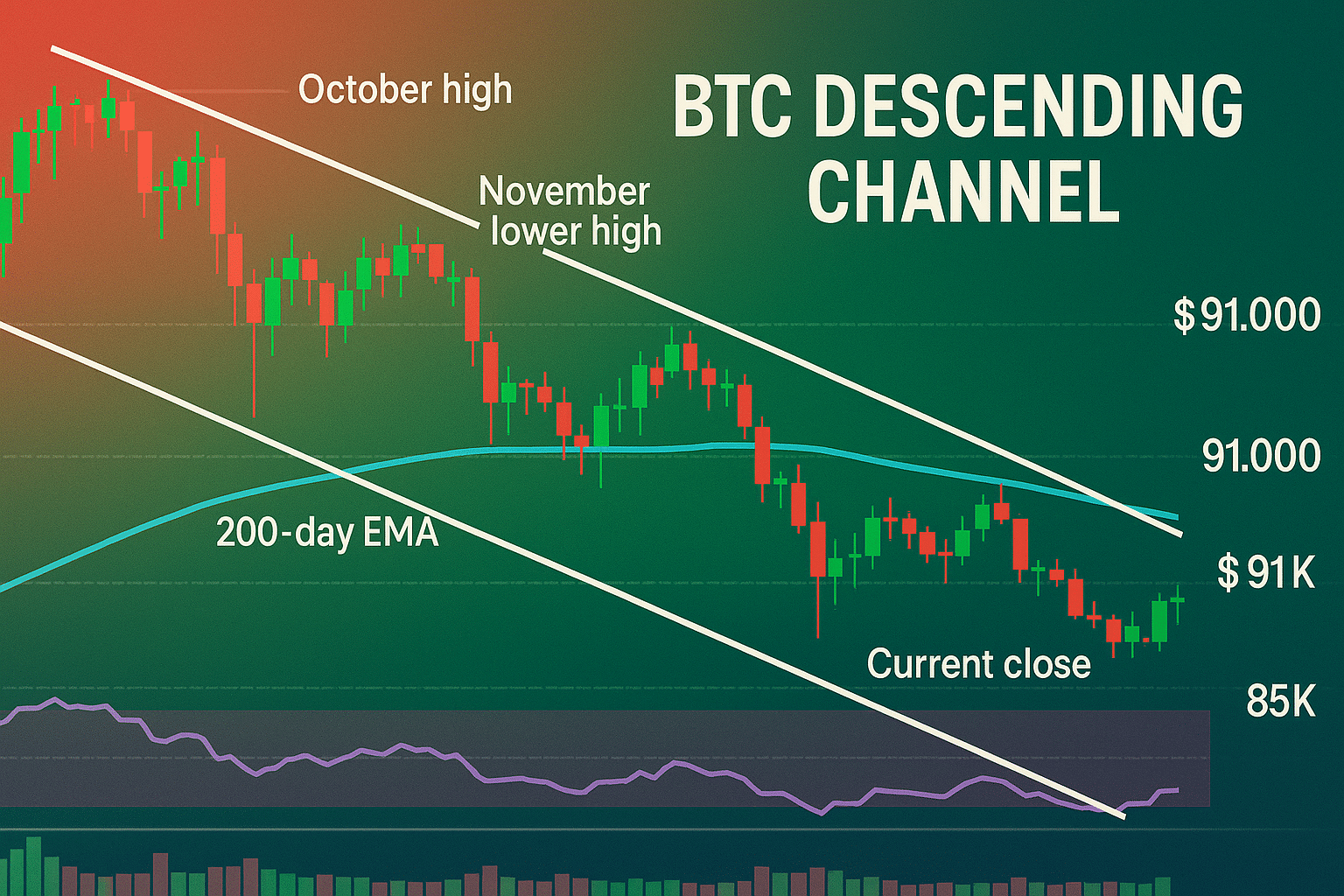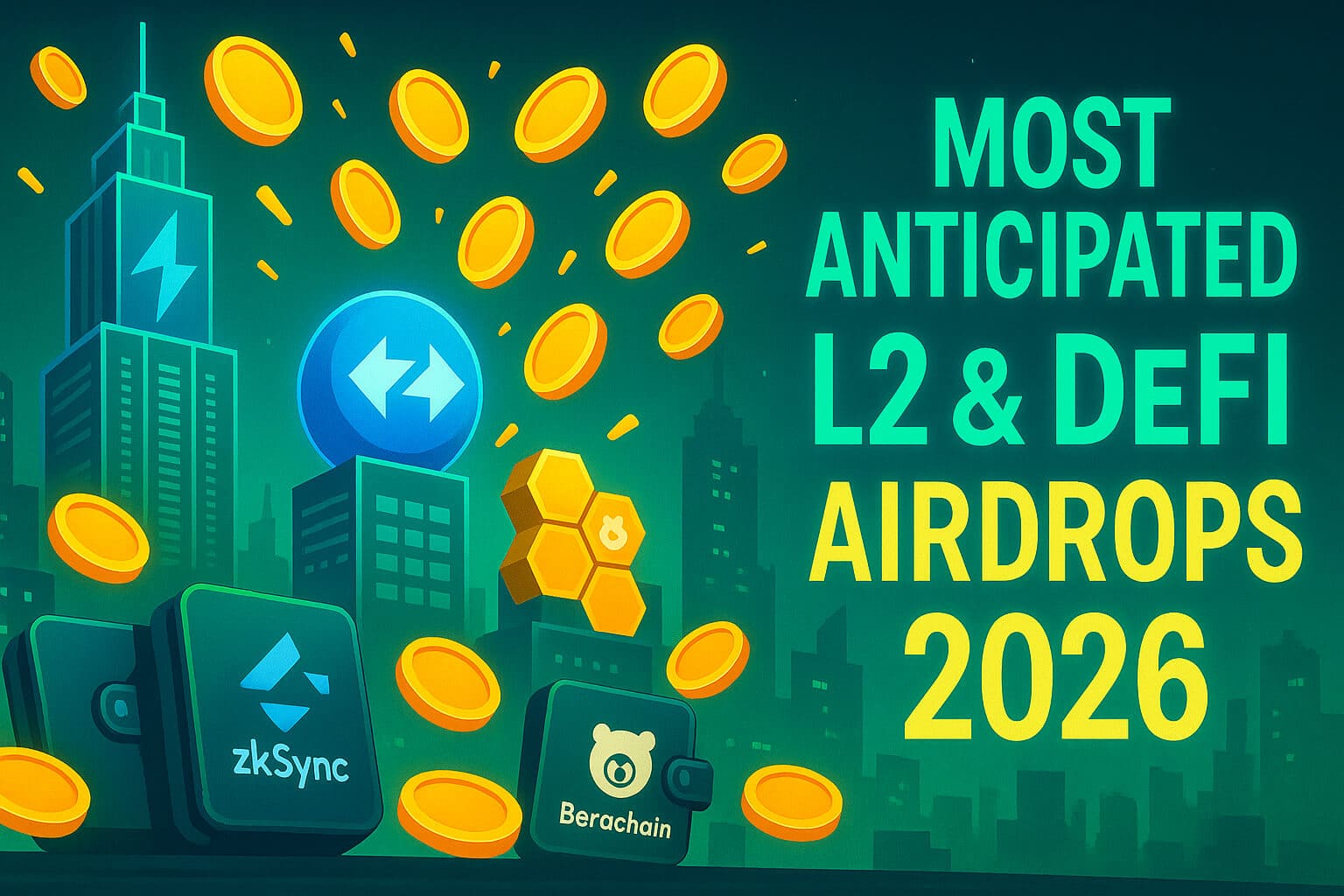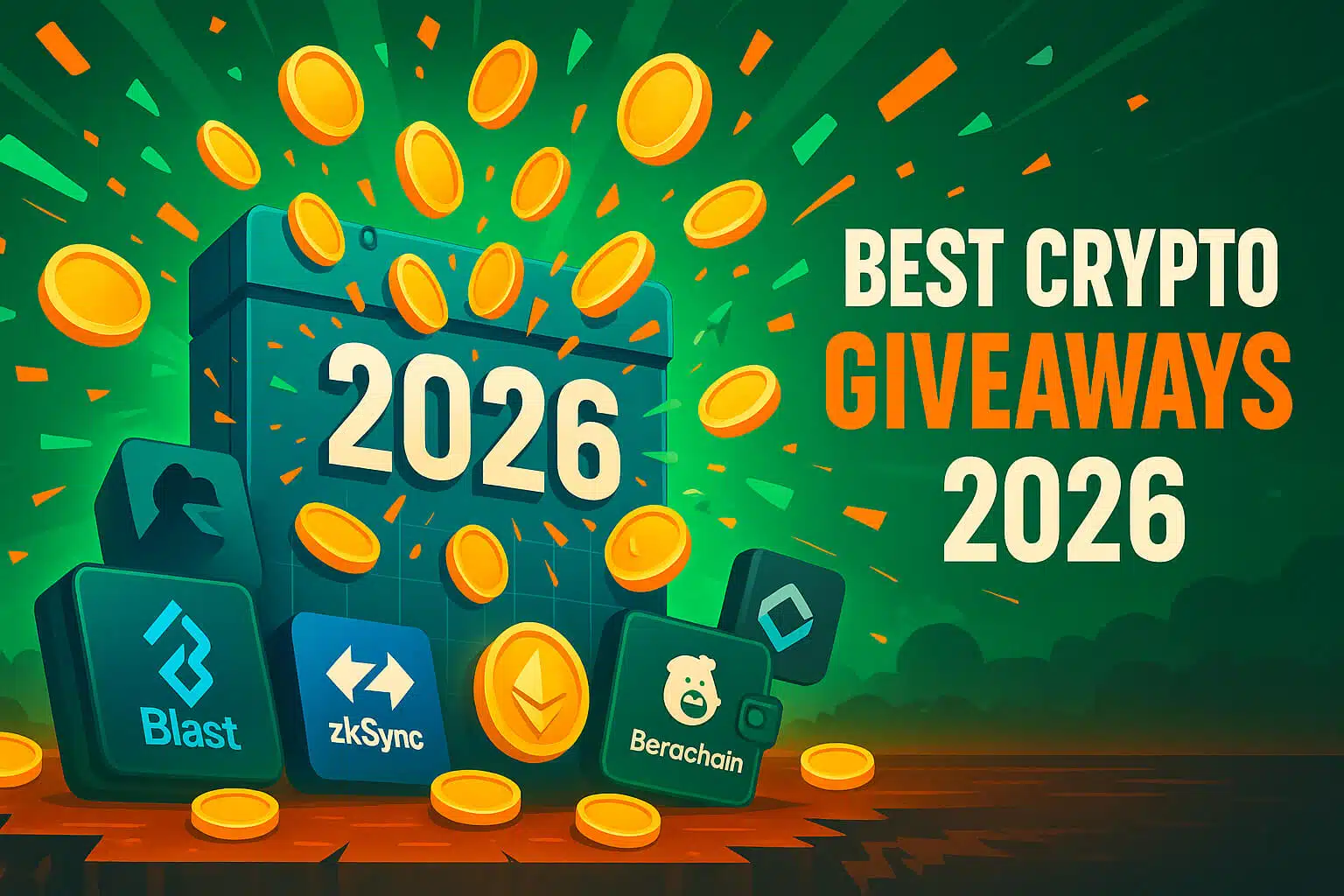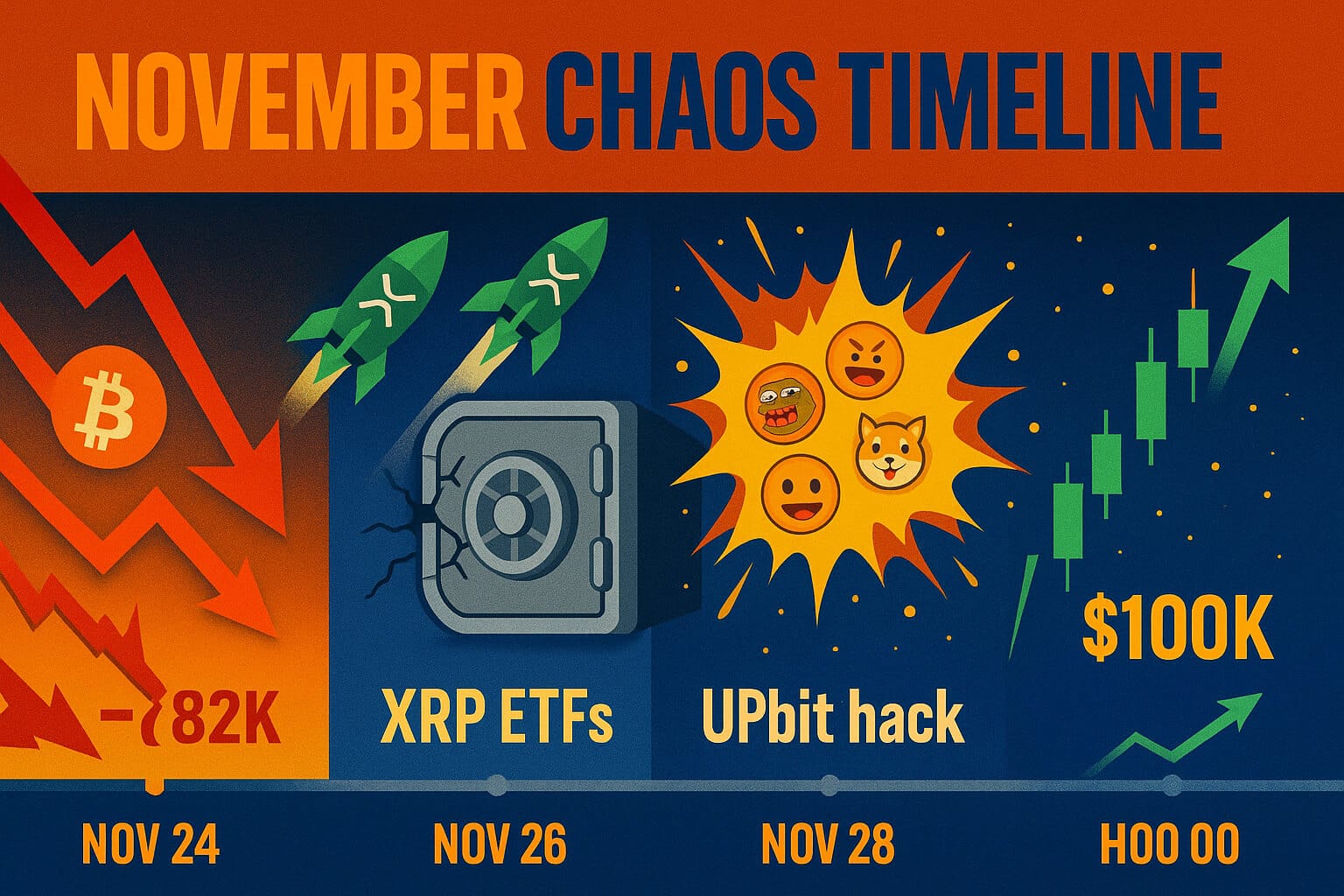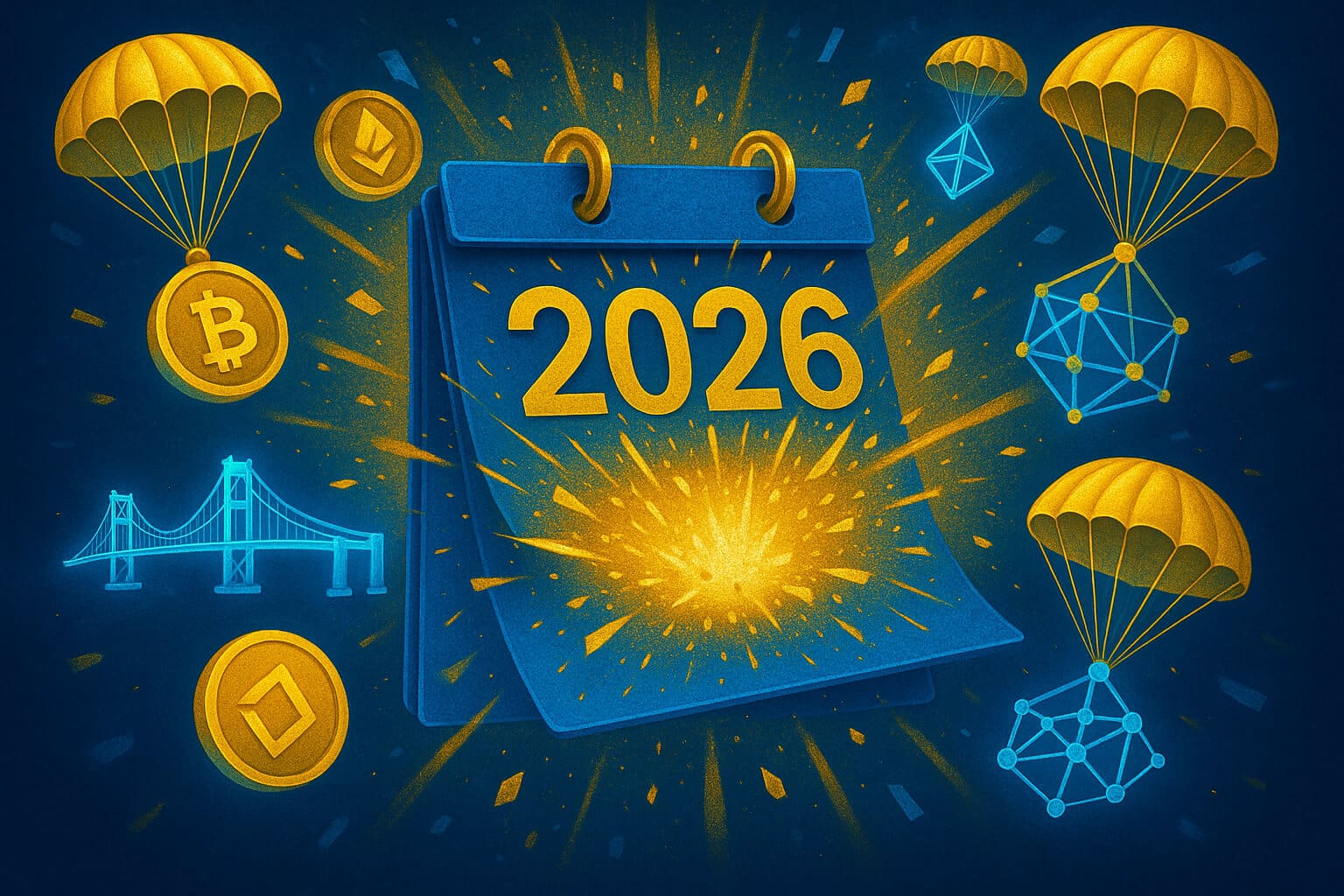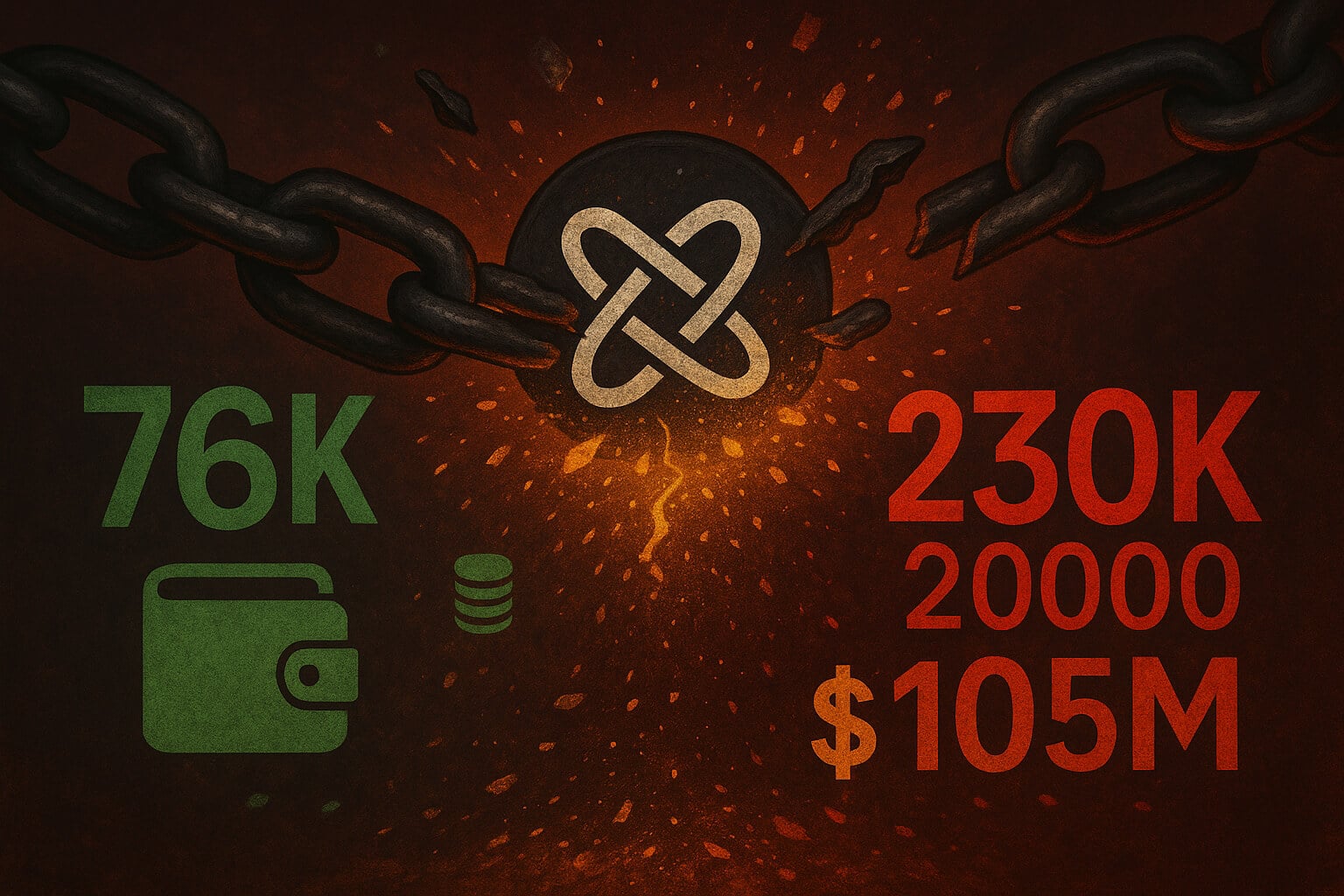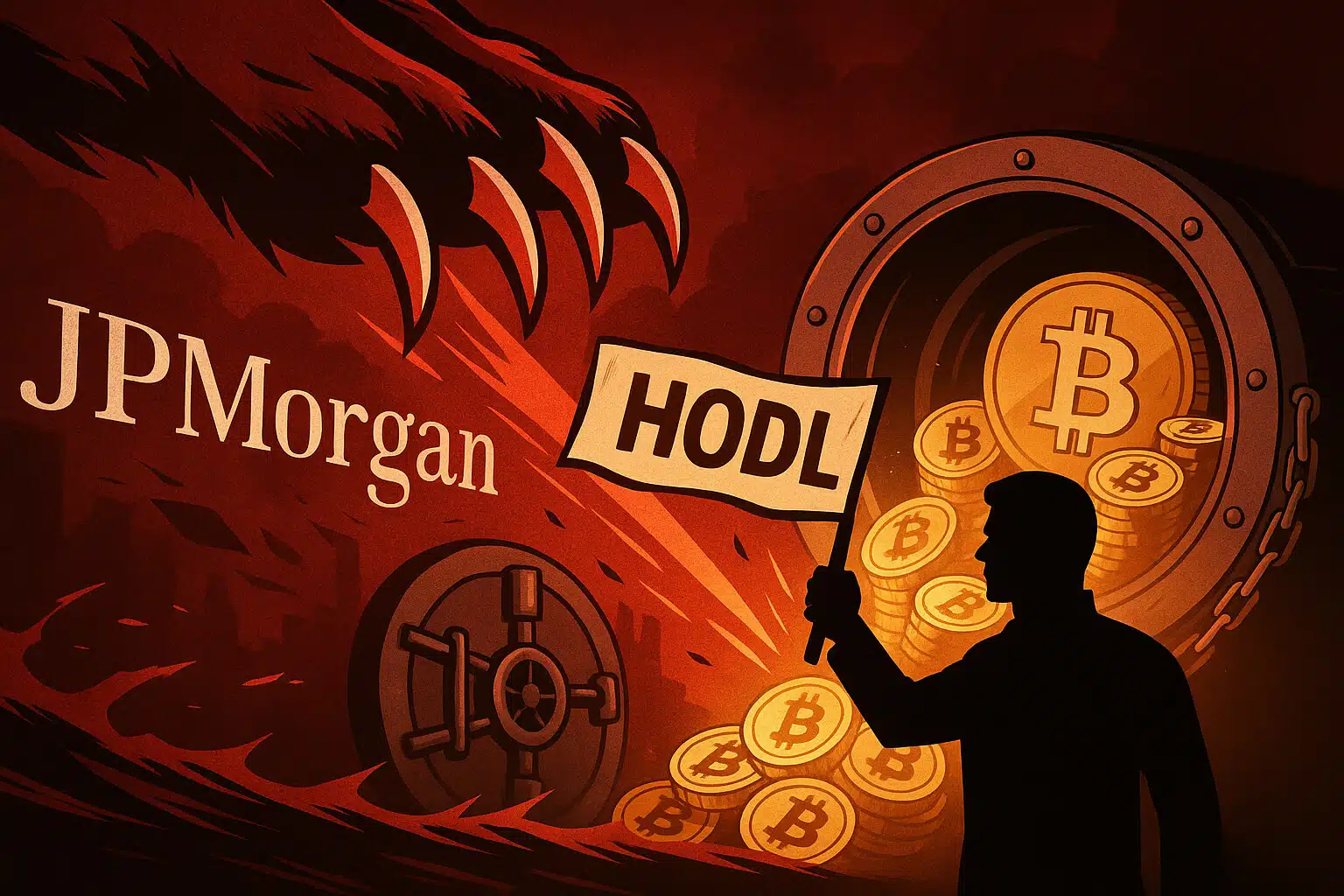Traditional corporate structures have dominated the business world for centuries, but a new model is emerging that’s shaking up the way organizations operate. Decentralized Autonomous Organizations (DAOs) are revolutionizing how companies are run by decentralizing decision-making, ownership, and governance. Instead of relying on a centralized authority like a CEO or board of directors, DAOs distribute power across their members using blockchain technology. This new system is providing exciting alternatives to conventional business models. But how exactly are DAOs redefining corporate structures? Let’s explore the potential of DAOs and how they are reshaping the future of business.
1. What Is a DAO?
A Decentralized Autonomous Organization (DAO) is a type of organization that operates on blockchain technology. The structure of a DAO is unique because it doesn’t have a central authority or leadership. Instead, it runs through smart contracts, which are self-executing contracts with the terms directly written into code. These smart contracts automatically enforce the organization’s rules and guidelines, ensuring that operations remain transparent and decentralized.
Key Features of a DAO:
- Decentralized Governance: Decisions are made collectively by members through a voting system, rather than by a CEO or small group of executives.
- Blockchain-Based: Operations, votes, and rules are transparent and recorded immutably on the blockchain.
- Token Ownership: Governance tokens are distributed to members, granting them voting power and ownership in the organization.
Example:
One of the most famous DAOs, MakerDAO, governs the Maker Protocol, which controls the DAI stablecoin. Token holders vote on important decisions, such as adjusting the collateralization ratio or changing interest rates. This decentralized approach ensures that no single entity controls the protocol.
2. The Difference Between Traditional Corporate Structures and DAOs
Traditional corporate structures rely on centralized leadership, typically organized in a hierarchical model. Decisions are made at the top by a board of directors, C-suite executives, or a single CEO, and then implemented across the company. This approach often leaves little room for the direct participation of lower-level employees or shareholders in day-to-day decision-making.
On the other hand, DAOs democratize the decision-making process. Every member with governance tokens has a say in how the organization is run. This shift creates a bottom-up approach where community members directly influence important decisions, such as product development, budgeting, and future strategy.
Key Differences:
- Centralized vs. Decentralized: In traditional structures, power is concentrated at the top, whereas DAOs distribute power among all members.
- Voting Mechanisms: DAOs allow every member to vote on proposals, while traditional corporations often limit decision-making to the board of directors or executives.
- Transparency: DAO operations and decisions are visible on the blockchain, while traditional companies may lack transparency regarding internal decision-making processes.
Example:
In a traditional company, the CEO and board of directors might decide on an acquisition without consulting shareholders or employees. In a DAO, any proposal to acquire another company would need to be voted on by all token holders, ensuring the decision reflects the community’s interests.
3. How DAOs Are Transforming Corporate Governance
The governance structure in DAOs is based on collective decision-making, giving token holders a direct stake in the organization. Each member’s vote is weighted according to the number of governance tokens they hold, making ownership directly tied to decision-making power. This model reduces the risk of corruption or bias often found in centralized leadership, as no one person has overriding control.
Benefits of DAO Governance:
- Democratic Participation: Every member with tokens can propose ideas and vote on decisions, making governance more democratic.
- Incentivized Engagement: Token holders are incentivized to act in the best interests of the DAO because their financial stake depends on the organization’s success.
- Transparency and Accountability: Since all actions and votes are recorded on the blockchain, members can easily track decisions and hold participants accountable.
Example:
Uniswap, a decentralized exchange, operates as a DAO where token holders (UNI) vote on protocol upgrades, governance changes, and treasury allocations. This decentralized governance model has allowed Uniswap to remain community-driven while growing into one of the most popular decentralized finance (DeFi) platforms.
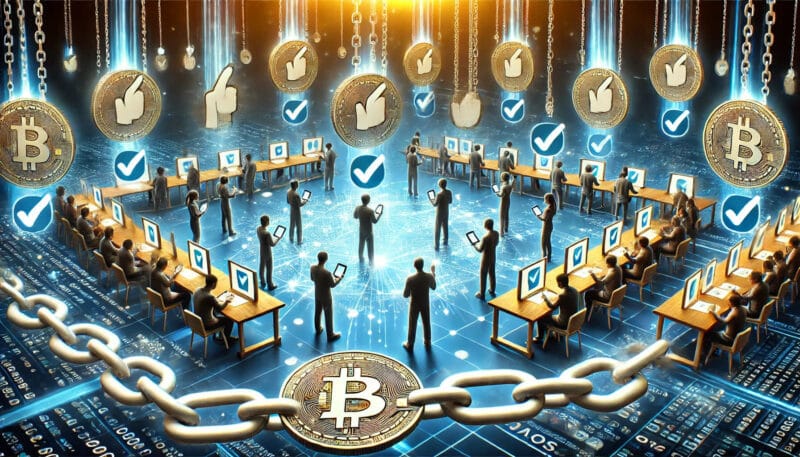
4. DAOs and the Rise of Decentralized Ownership
In traditional companies, ownership is often concentrated in the hands of a few major shareholders or founders. However, DAOs enable a more decentralized ownership model, where governance tokens represent a share of the organization. Token holders are not only stakeholders but also participants who help shape the future of the organization. This creates a strong alignment between the success of the project and the interests of the community.
Moreover, DAOs offer a flexible approach to ownership. Tokens can be bought, sold, or earned through contributions to the project, making it easier for new members to join and take an active role in the organization.
Example:
In DAOstack, members earn governance tokens by contributing to the project, such as coding, marketing, or community management. These tokens give them the ability to vote on key decisions, like fund allocation or project goals, creating an inclusive ownership structure.
5. Challenges and Limitations of DAOs in Corporate Structures
While DAOs hold significant promise, they also face several challenges that could limit their adoption in mainstream corporate environments.
- Scalability: As DAOs grow in size, managing governance efficiently can become challenging. Thousands of token holders might make it difficult to reach consensus quickly.
- Legal and Regulatory Issues: DAOs operate in a legal gray area in many jurisdictions, as most legal systems don’t yet recognize DAOs as formal entities. This can lead to difficulties with taxes, contracts, and liability.
- Decision-Making Speed: Traditional corporate structures often make quick, top-down decisions in response to fast-moving market changes. In contrast, DAOs may take longer to reach consensus, potentially slowing down urgent decisions.
Example:
In 2016, The DAO, one of the first decentralized organizations, was hacked, leading to a loss of around $50 million in Ethereum. The event highlighted some vulnerabilities in early DAO models, particularly the difficulty in addressing technical failures without centralized oversight.
6. The Future of DAOs in Business
Despite the challenges, DAOs are gaining momentum, especially in industries like decentralized finance (DeFi), gaming, and art (through NFTs). The future could see more companies adopting hybrid models that incorporate elements of decentralized governance while retaining some degree of centralized oversight for specific tasks.
Moreover, as governments and regulatory bodies catch up, clearer legal frameworks will likely emerge, making it easier for DAOs to operate as fully-fledged businesses in the mainstream economy.
Future Trends:
- Hybrid Governance Models: Companies may adopt partially decentralized governance structures that blend the advantages of DAOs with traditional oversight.
- DAO Adoption in New Industries: Beyond crypto, industries like real estate, supply chain management, and entertainment could adopt DAOs to enhance transparency and community involvement.
- Regulatory Clarity: As DAOs become more common, regulatory agencies are likely to develop frameworks that provide clarity on their legal status, taxation, and liability.
Example:
As DAOs grow, companies like Aave (a DeFi protocol) are experimenting with hybrid governance models. Aave has a DAO that governs most of its operations, but some development tasks are still managed by core teams to maintain speed and efficiency in decision-making.
Wrapping Up: DAOs and the Future of Corporate Structures
DAOs are redefining what corporate structures can look like by decentralizing decision-making, ownership, and governance. While challenges remain, the potential for more democratic, transparent, and community-driven organizations is clear. As blockchain technology advances and regulatory frameworks evolve, DAOs could become a mainstream option for businesses looking to disrupt traditional corporate models.
For more insights and detailed guides on how DAOs are transforming corporate structures and governance, visit our DAO and Decentralized Governance Guides..
Stay Updated
For the latest updates on DAOs, decentralized governance, and the cryptocurrency market, follow us on:
Stay informed with the latest strategies and insights in the world of cryptocurrency at FreeCoins24.io.
Special Offer
Ready to explore decentralized finance and DAOs? Sign up on Bybit today and claim up to $30,000 in deposit bonuses. Start participating in decentralized finance on a platform trusted by millions!
